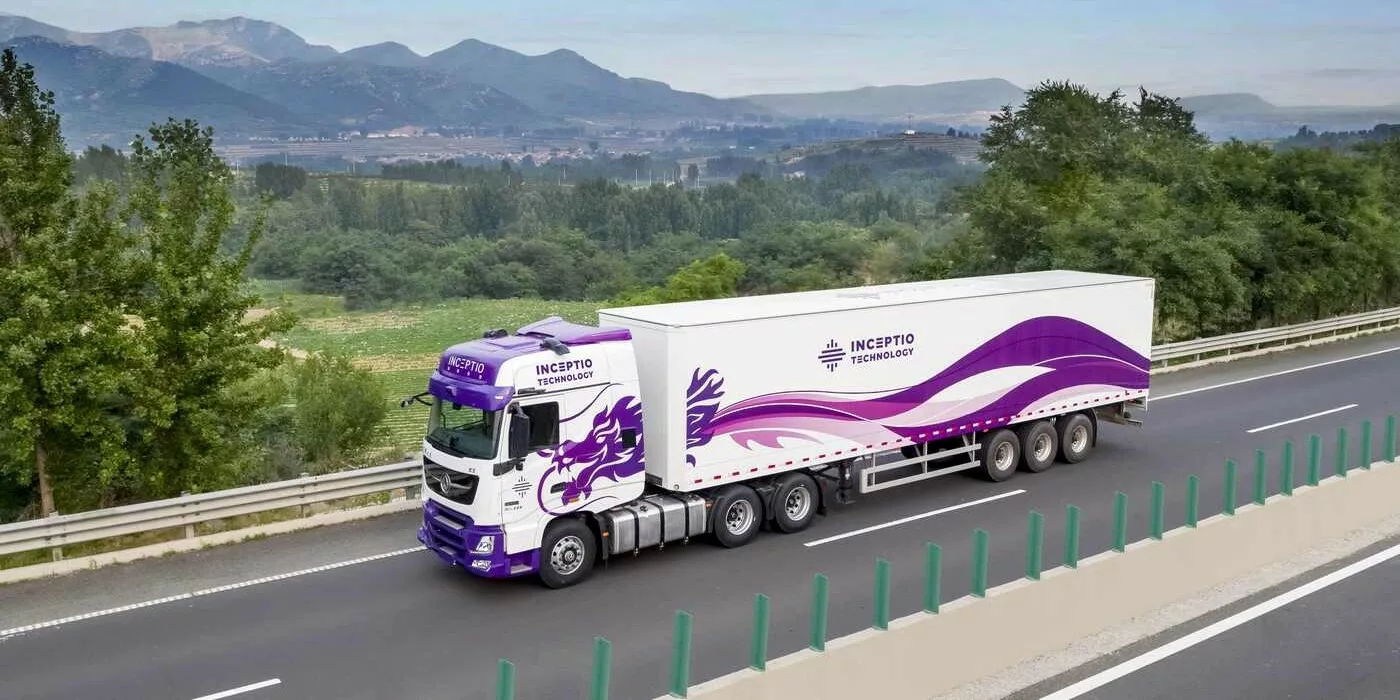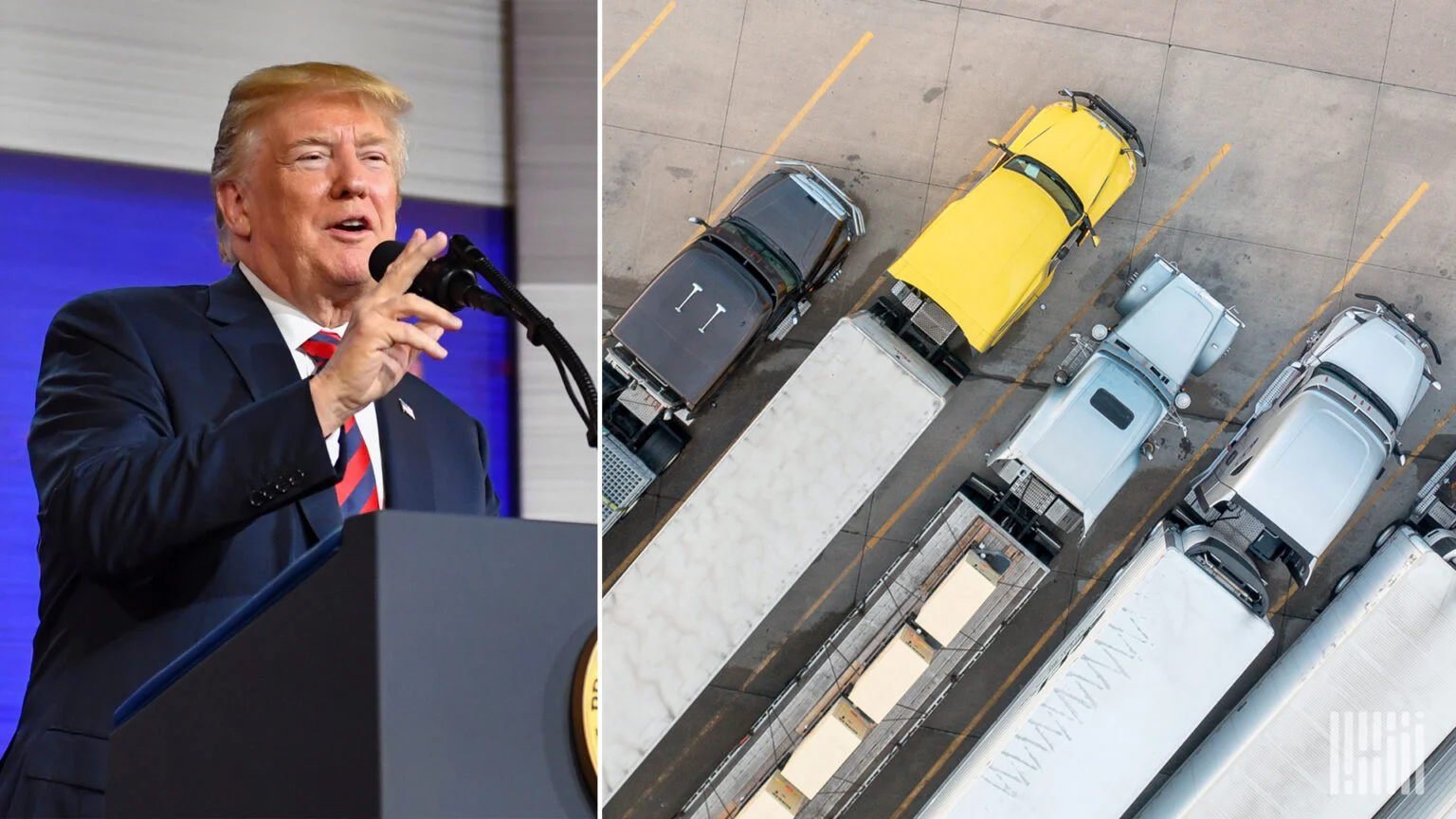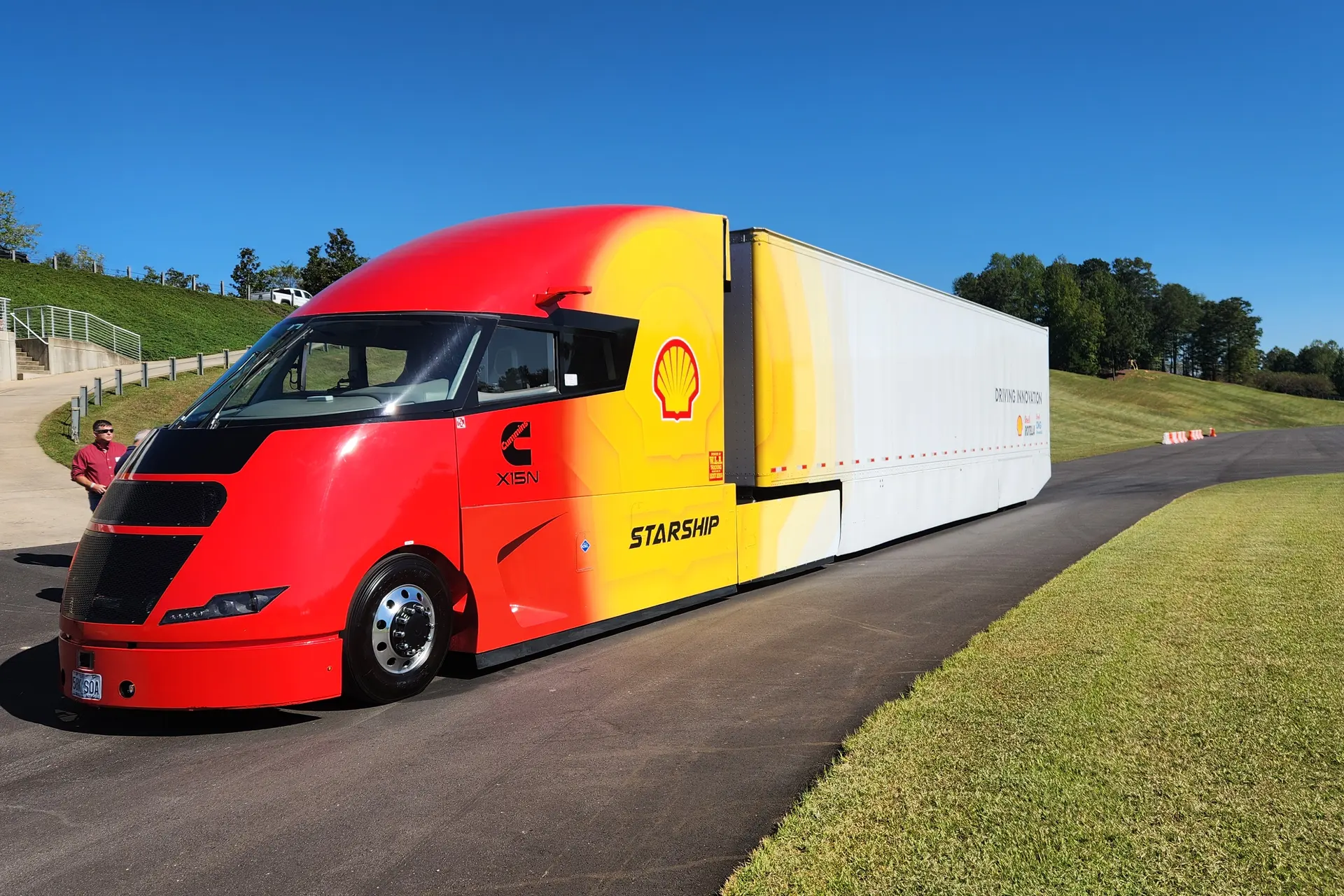24 Million Miles Ahead of The Competition

China’s leading developer of autonomous driving technologies for heavy-duty trucks, Inceptio Technology, announced last week it has powered more than 24.8 million miles (40 million km) of accident-free trucking on China’s highways.
Currently Tesla has been unable to meet the expectations and promises made to shareholders when it comes to fully autonomous driving cars. There are several factors that are currently preventing fully autonomous Tesla vehicles from being widely available. Some of the main challenges include:
- Technological Limitations: Achieving full autonomy in vehicles requires overcoming complex technical hurdles. While Tesla’s vehicles are equipped with advanced driver-assistance features, such as Autopilot, which provide semi-autonomous capabilities, achieving full autonomy in all driving conditions is a significant challenge. It requires developing robust perception systems, high-precision mapping, advanced artificial intelligence algorithms, and reliable sensor technologies that can handle various scenarios and road conditions.
- Safety Concerns: Safety is a critical factor when it comes to autonomous vehicles. Ensuring that self-driving systems can handle unexpected situations and make reliable decisions in real-time is of utmost importance. Autonomous vehicles need to demonstrate a level of safety that surpasses human driving capabilities before they can be deployed on a large scale. The validation and verification of autonomous systems to meet safety standards are complex tasks.
- Regulatory and Legal Frameworks: The deployment of fully autonomous vehicles also requires the establishment of appropriate regulatory and legal frameworks. Governments and regulatory authorities need to develop standards and regulations that address issues related to liability, insurance, licensing, and safety requirements. Developing these frameworks takes time and requires collaboration between automakers, policymakers, and other stakeholders.
- Infrastructure: The infrastructure needed to support fully autonomous vehicles is not yet widespread. For instance, high-definition mapping, robust communication networks, and advanced charging infrastructure are essential components for autonomous driving. Building and maintaining this infrastructure will be necessary for the widespread deployment of fully autonomous vehicles.
- Public Acceptance: The acceptance and trust of the general public are crucial for the successful adoption of autonomous vehicles. Demonstrating the safety and reliability of autonomous systems through extensive testing and public awareness campaigns will play a significant role in gaining public acceptance.
But unlike Tesla, Inceptio Technology’s driving solution has been making great leaps. Inceptio was founded by a Chinese engineer who studied in Australia and to say Inceptio Autonomous Driving System is miles ahead of America’s tech billionaire is a bit of an understatement.
Working closely with two of China’s top long-haul companies Dongfeng Commercial Vehicle and Sinotruk, Inceptio has shipped hundreds of mass-produced heavy-duty trucks designed from the ground up for full integration with the Inceptio Autonomous Driving System. Major customers, including Budweiser, Nestlé, JD Logistics, and Deppon Express have deployed Inceptio trucks across a nationwide line-haul logistics network in China.
“We are incredibly proud of the stellar performance record that Inceptio trucks have amassed over the past two years. Across 40 million kilometers of commercial operations, our Inceptio Autonomous Driving System has achieved a highly satisfactory on-time arrival rate for our customers with a perfect safety record. The Inceptio R&D team and the autonomous driving system itself are learning a tremendous amount from our fast-growing trove of operational data.”
Julian Ma, founder and CEO of Inceptio Technology.
In 2019, the Federal Motor Carrier Safety Administration reported 5,005 fatal, 119,000 injurious, and 419,000 non-injurious traffic collisions involving large trucks (and buses) in the US (but the buses accounted for a significantly smaller fraction).
Automated trucks may not only increase safety, but could lead to significant reductions in the cost of goods related to transport. Unlike a human, automated trucks would have the ability to drive nonstop without needing to take a break. In addition to this, Inceptio’s algorithms optimize fuel consumption and in many cases can reduce fuel usage as much as 7% compared to humans. Not only may the future of trucking be safer, it might have a reduced impact on climate.
Impacts of Trucking Industry on Climate
The trucking industry has both direct and indirect impacts on the climate. These impacts stem from various factors related to fuel consumption, emissions, and the overall logistics and transportation processes involved. Here are some of the key impacts of the trucking industry on the climate:
- Greenhouse Gas Emissions: The primary impact of the trucking industry on the climate is the release of greenhouse gas (GHG) emissions, primarily carbon dioxide (CO2), into the atmosphere. Trucks rely heavily on fossil fuels, such as diesel, which produce CO2 emissions when burned. These emissions contribute to the accumulation of greenhouse gases in the atmosphere and are a significant driver of climate change.
- Air Pollution: In addition to CO2 emissions, trucks also emit other pollutants such as nitrogen oxides (NOx), particulate matter (PM), and volatile organic compounds (VOCs). These pollutants have adverse effects on air quality and human health. They contribute to the formation of smog, respiratory problems, and other respiratory illnesses, impacting both local and regional air quality.
- Fuel Consumption: The trucking industry is a major consumer of fossil fuels. The high fuel consumption of trucks not only contributes to CO2 emissions but also increases dependence on finite fossil fuel resources. Reducing fuel consumption in the trucking industry is crucial for mitigating climate change and promoting energy security.
- Land Use and Infrastructure: The expansion of the trucking industry requires the construction and maintenance of road networks, warehouses, and distribution centers. These developments often lead to land use changes, deforestation, and habitat destruction, with associated impacts on ecosystems and biodiversity.
- Supply Chain Efficiency: The efficiency of the trucking industry’s logistics and transportation processes plays a role in its climate impact. Inefficient supply chain management can result in longer travel distances, increased congestion, and additional fuel consumption. Optimizing supply chain operations and reducing empty miles can help reduce the industry’s overall carbon footprint.
- Adoption of Low-Emission Technologies: The trucking industry has the potential to mitigate its climate impact by adopting low-emission technologies. This includes the shift towards electric or hybrid trucks, alternative fuels such as biofuels or hydrogen, and the use of aerodynamic designs and lightweight materials to improve fuel efficiency.
Addressing the climate impacts of the trucking industry requires a combination of strategies, including technological advancements, policy measures, and industry-wide collaborations. Efforts to reduce emissions and improve fuel efficiency, as well as promote sustainable logistics practices, can contribute to mitigating the industry’s climate impact.
With over 20+ years in the trucking insurance industry Cook Insurance Group combines national reach with local service to address the needs of large fleet, small fleet, single owner and tow trucking operations, and to charter bus lines. We ONLY serve the Trucking industry, providing the best trucking insurance. Let our friendly, bi-lingual staff help you find the right insurance protection at the right cost.
Cook Insurance Group is dedicated to meeting the needs of both small and large fleet trucking companies. Our reps handle every aspect of your program, ensuring you have the best trucking insurance plan for your specific needs. We work closely with you to manage your plan on an ongoing basis.
At Cook Insurance Group, we provide immediate certificate and ID card insurance, including 24/7 certificate availability. We leverage our client portal which allows you to access and issue certificates, check claim status and view policies. Cook Insurance Group is prompt and reliable, including 24-hr claims reporting. (Physical Damage and Motor Truck Cargo). We also provide educational seminars for management and drivers of companies.
At Cook Insurance Group we have licensed risk managers available to assist you with CSA scores and driver training. We provide border risk coverage (NAFTA) and mid-year loss run reviews.
Choose Cook Insurance Group for all of your trucking insurance needs whether you are located in Texas, Arizona or Arkansas.



